Introduction: What is menopause?
Menopause is a biological process that every woman will go through in her lifetime. Around the age of 50, a woman’s ovaries will stop producing eggs and she will no longer have menstrual periods. As menopause approaches, a woman may start to experience changes in her body, such as hot flashes and night sweats. The changes may also include low mood, irritability, decreased libido, anxiety and insomnia.
There is no one-size-fits-all answer to the question of how to deal with menopause. Some women may choose to consult with their doctor and explore medical treatment options, while others may prefer to manage their symptoms with lifestyle changes and home remedies. Some women may even choose to do nothing at all.
Whatever route you decide to take, it’s important to be informed about what it is and what changes you can expect so that you can make the best decision for yourself.
The symptoms: what to expect
There are a variety of symptoms that can come along with menopause, and they can vary in intensity from person to person. Some common symptoms include hot flashes, night sweats, mood swings, and weight gain. It is important to remember that every woman experiences menopause differently, so while some may only experience a few mild symptoms, others may find the effects to be more severe. If you are concerned about any changes you are experiencing, it is always best to speak with your doctor to rule out any other potential health concerns.
Dealing with the symptoms: treatments and coping mechanisms
The most important thing you can do is to listen to your body and be patient with yourself during this time. There are a number of different treatments and coping mechanisms available, so it may take some trial and error to find what works best for you.
There are a number of different treatments available for menopause symptoms. Some women find relief with over-the-counter or prescription medications, while others prefer natural remedies like herbs or dietary supplements. If hot flashes are a problem, wearing cool, loose clothing and staying hydrated can help. Avoiding triggers like caffeine, alcohol, spicy foods, and stress can also be helpful.
For many women, menopause is a time to make lifestyle changes in order to improve their overall health.
If these don’t help, then there is hormone replacement therapy (HRT). Doctors prescribe a smaller dose of the hormones that become depleted with menopause that in turn can alleviate a lot of the symptoms specifically the hot flushes and mood swings.
The impact on life: how menopause can affect work, relationships, and daily life
Menopause can have a significant impact on a woman’s life, both physically and emotionally. The physical changes that occur during menopause can cause fatigue, hot flashes, and night sweats, which can make it difficult to concentrate or sleep. These symptoms can also affect a woman’s mood, causing irritability and anxiety. Relationships can suffer as a result of the stress that menopause can cause. In addition, work performance may decline as menopause symptoms make it difficult to focus and stay organized. Although menopause is a natural process, the changes it brings can be disruptive to a woman’s life.
The positives: some benefits
The changes associated with menopause can be frustrating, but there are also some positives to menopause that are often overlooked. Here are just a few of the benefits that come with menopause:
1. You no longer have to worry about contraception. This is a big one for many women who have spent their lives trying to avoid pregnancy. Once you reach menopause, you can say goodbye to those pesky birth control pills and condoms!
2. You may have more time for yourself. With your children grown and out of the house, you may find that you suddenly have a lot more free time on your hands. This can be a great opportunity to focus on your own hobbies and interests.
Conclusion:
In summary, there are a few things women can do to ease into menopause and make the transition as smooth as possible. First, it’s important to maintain a healthy lifestyle by eating right and getting regular exercise. This will help alleviate some of the symptoms associated with menopause, such as hot flashes and weight gain. Additionally, over-the-counter treatments like vaginal lubricants can help with vaginal discomfort. Oestrogen creams can help with vaginal dryness. Do discuss with your doctor to see if HRT is an option, it’s suitable for a lot of women and it can transform many women’s lives. Menopause is a natural process that happens to all women, so there’s no need to feel embarrassed or ashamed about it. With a little preparation, you can make it through menopause with minimal discomfort.
Check our Previous Blogs https://extracellular.co.uk/blog.
Thanks for Reading!
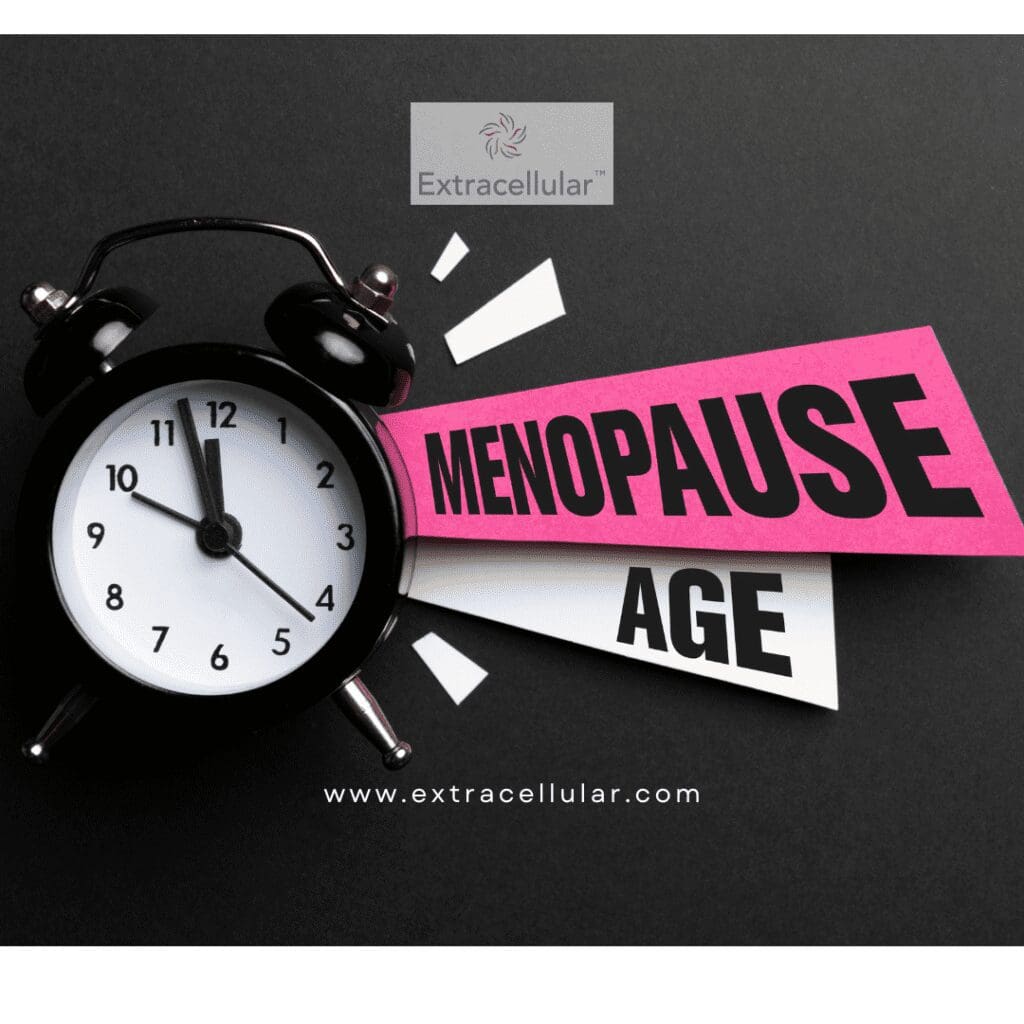



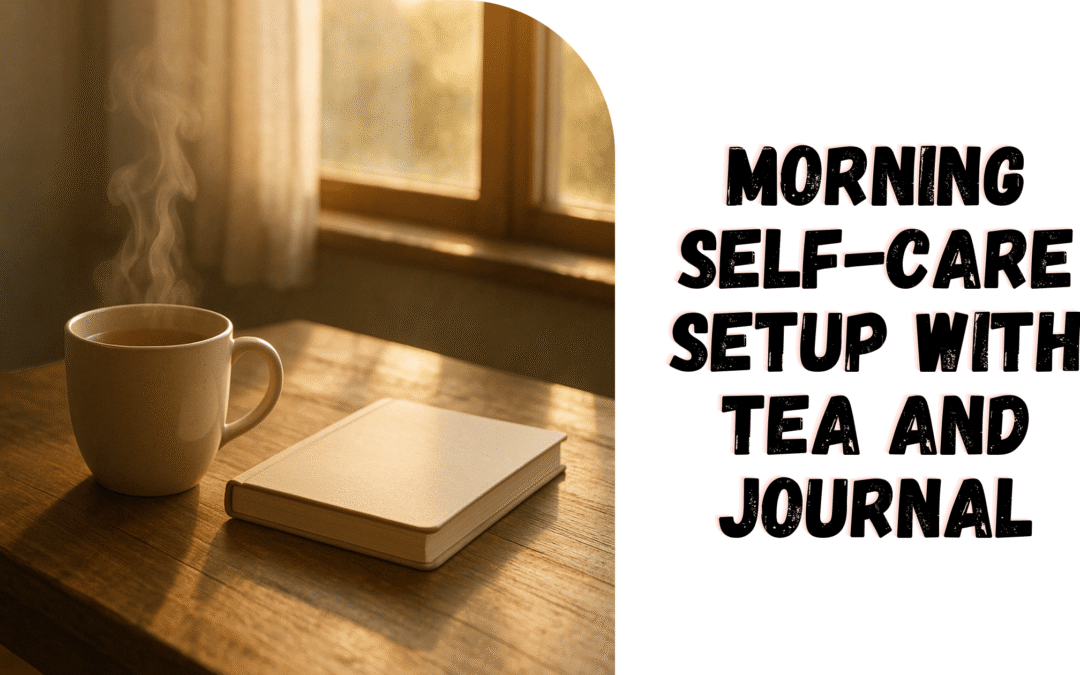










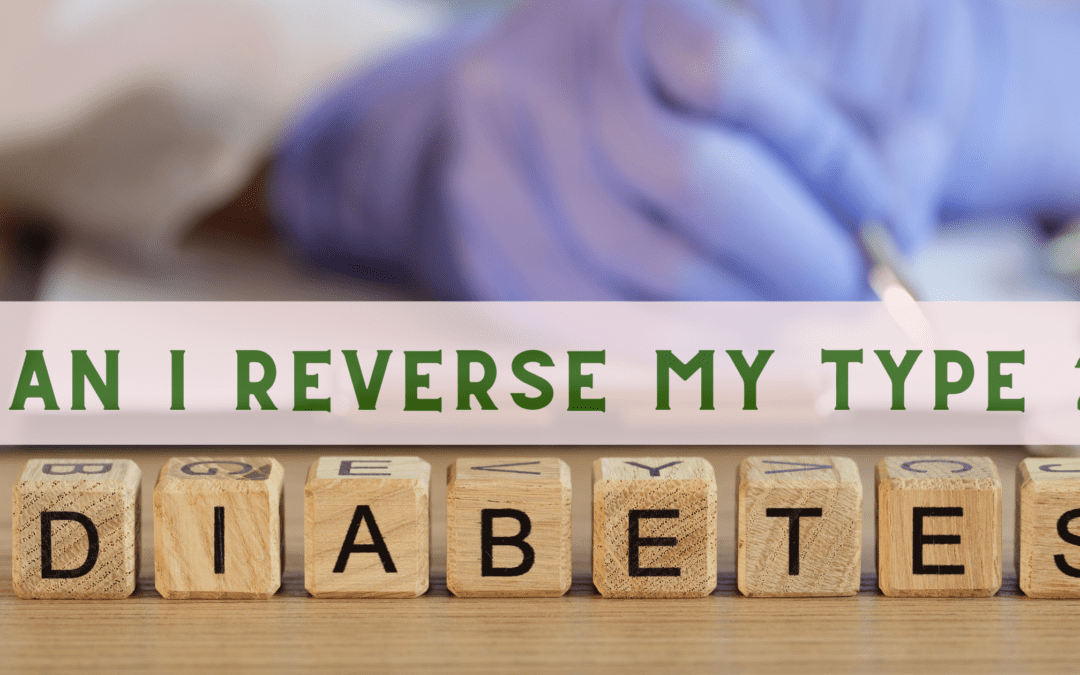





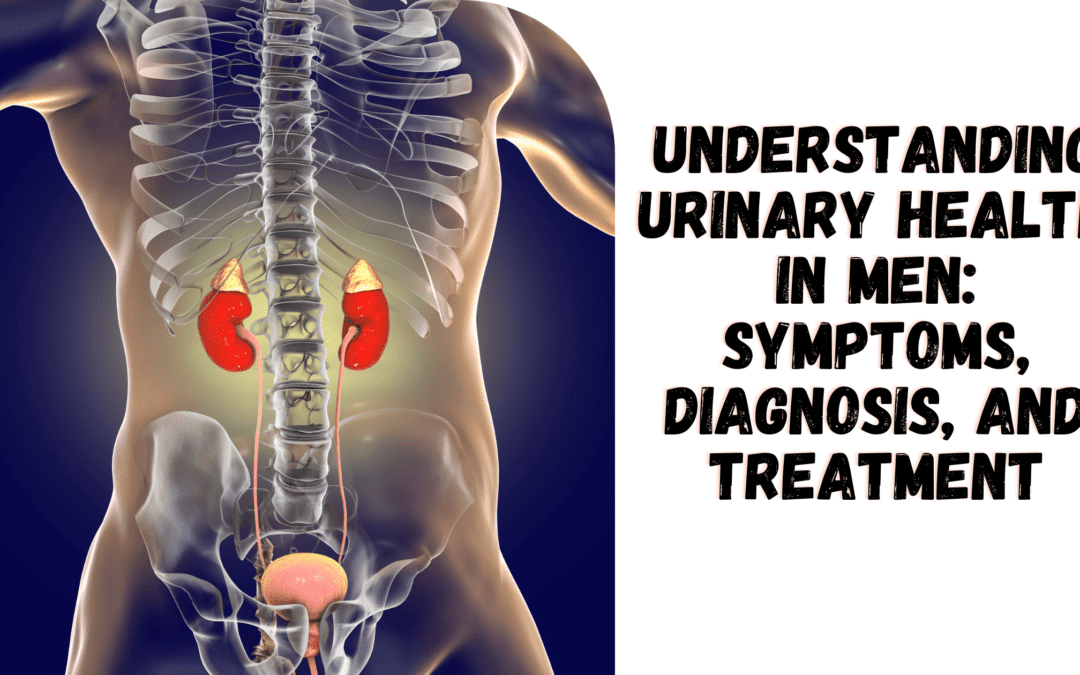

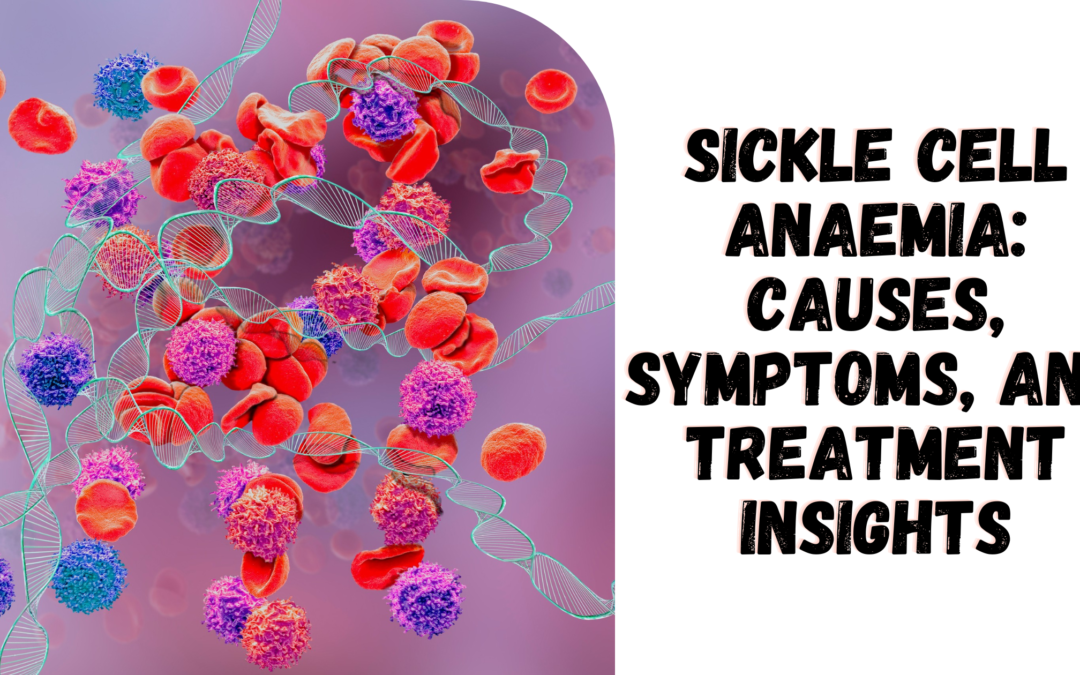
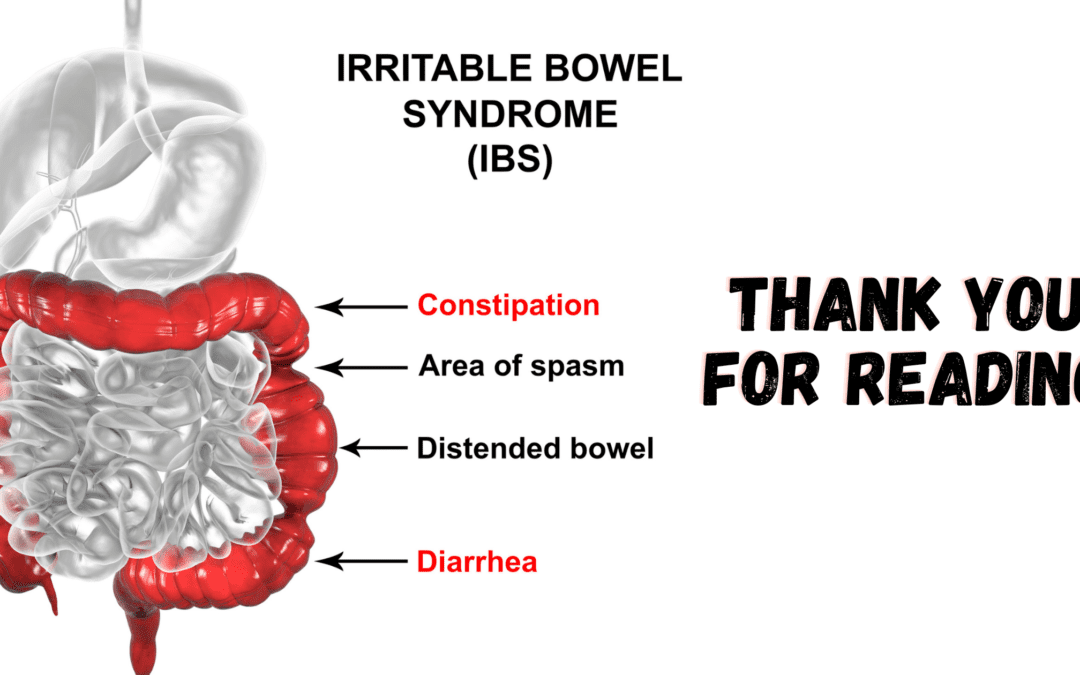

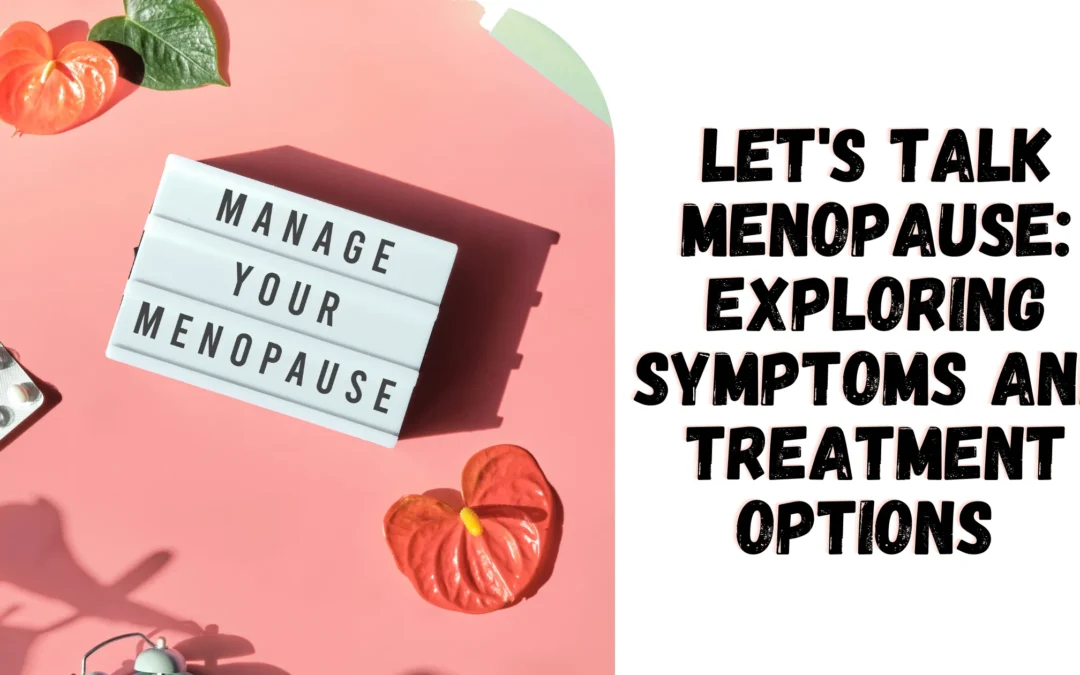
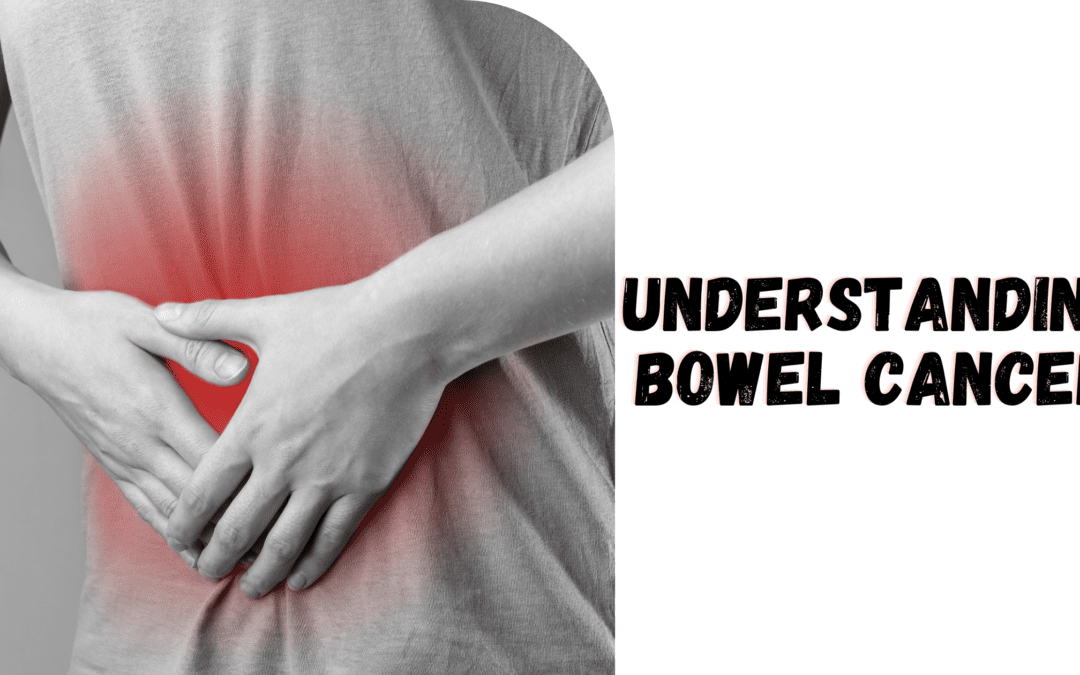

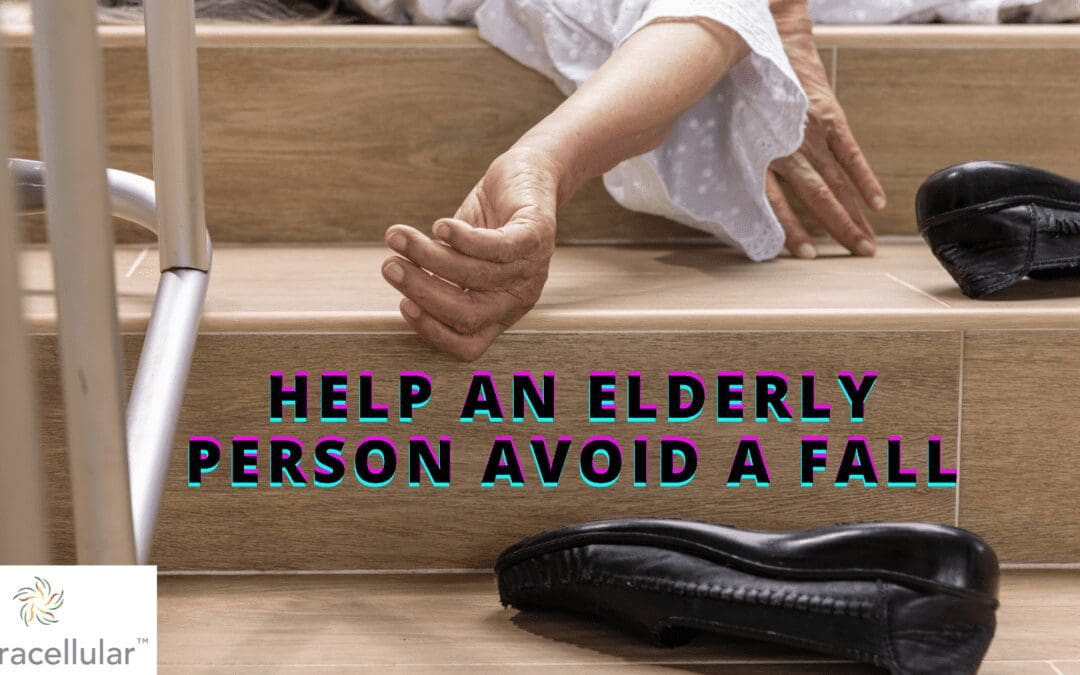




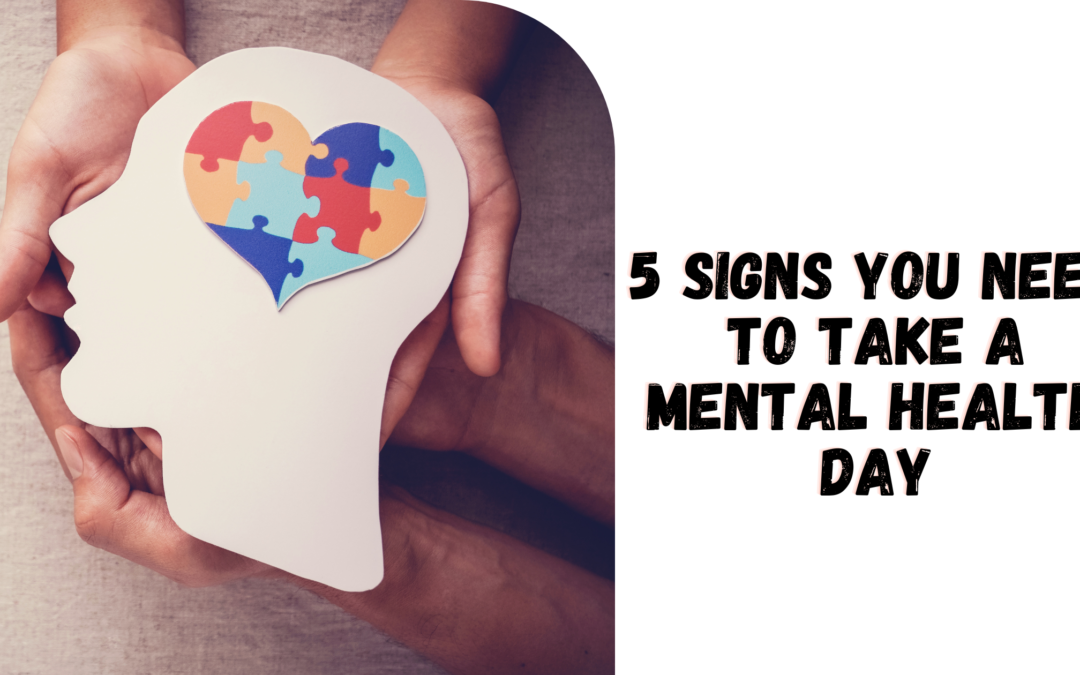

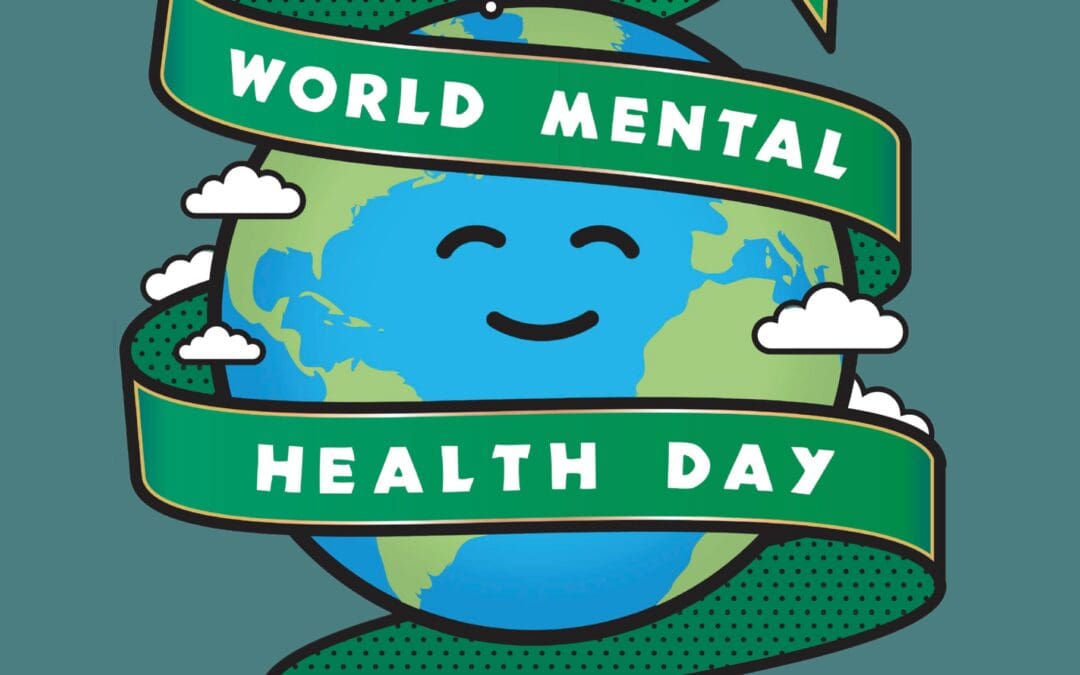





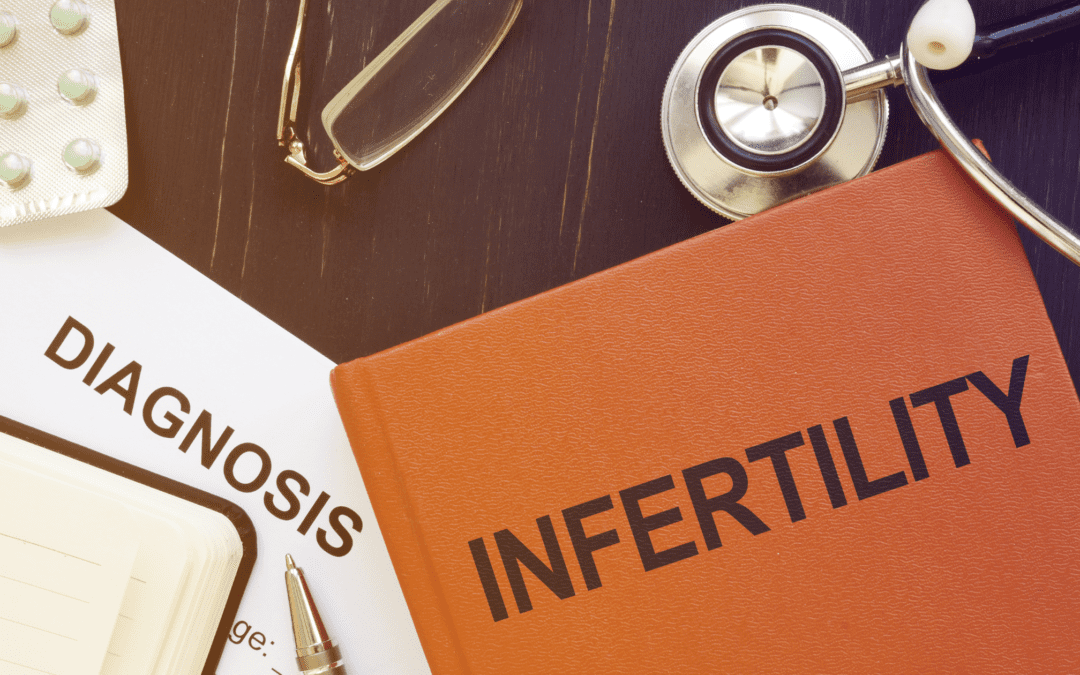








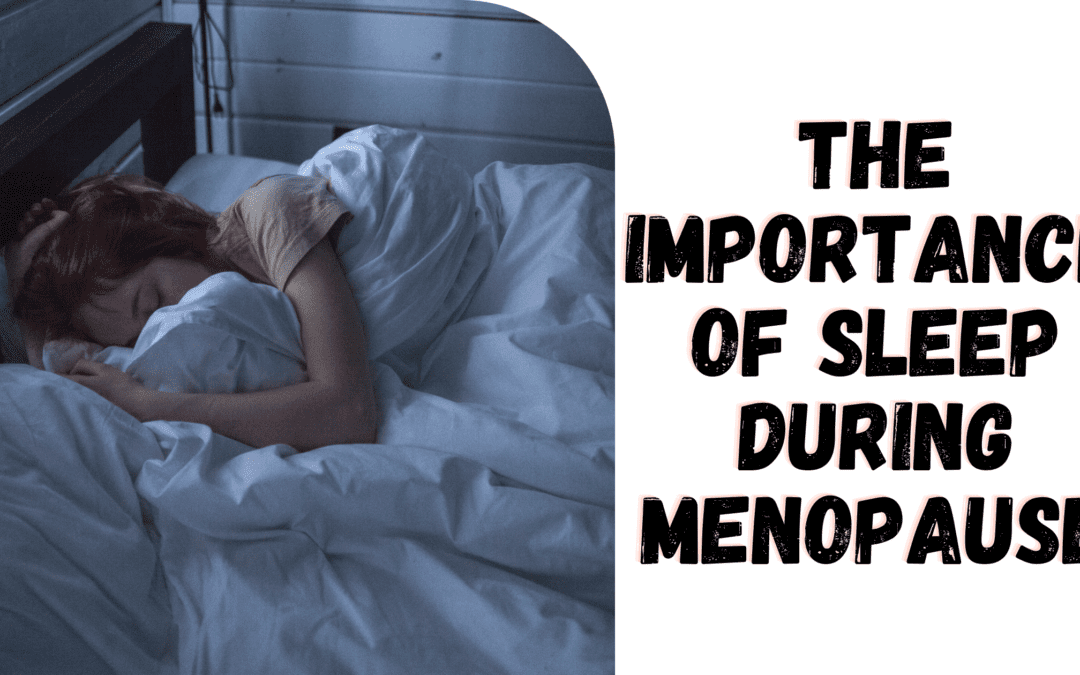
0 Comments